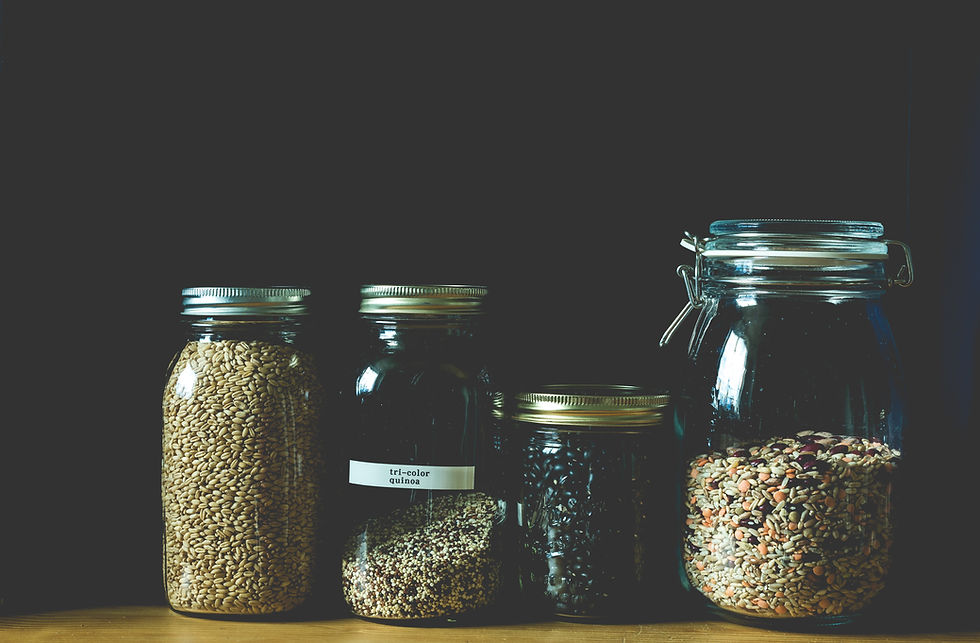This week’s recipe was for haleem which is a traditional Pakistani stew. It includes a variety of lentils like urad, moong, chana and toor daal and grains like whole, bulgar, peeled or broken wheat (dalia), barley or pearl barley, rice or oats. Like many other cuisines, grains are an important part of Pakistani food, wheat being the country’s largest food crop. The cuisine includes many rice dishes like pilau and biryani, and many wheat products like flatbreads.
What are grains?
Grains are seeds and fruits that come from specific grasses and plants. They can be categorized as:
Cereal grains like maize, rice and wheat which are members of the grass family;
Pseudocereal grains like buckwheat, chia and quinoa, which are starchy grains from broadleaf plants;
Pulses like chickpeas, lentils and soybeans which are members of the pea family;
Oil seeds like black mustard, sunflower seed and flax seeds which are primarily grown for their edible oil.

Whole vs refined grains
A whole grain consists of the bran (hard outer layer containing fiber, minerals and antioxidants), the germ (nutrient rich core containing carbs. fats, proteins, vitamins, minerals, antioxidants and various phytonutrients) and the endosperm (the biggest part containing mostly carbs in the form of starch and protein. A refined grain has the bran and germ removed leaving just the endosperm.
Nutritional value of grains
As you might have guessed, refined grains are nutrient poor but some whole grains like oats and wheat are loaded with nutrients. But note that other grains like rice and corn are not very nutritious even in their whole form, and refined grains are often enriched with nutrients like iron, folate and B vitamins to replace the nutrients lost during processing.

Including grains in your diet
There is a lot of information available on the positives and negatives of eating grains especially with the popularity of low carb and paleo diets (which is fair especially for diabetics who experience a spike in their blood sugar levels after eating carbs). Generally if you are including grains in your diet, they should mostly be whole grains, and if you are not eating grains (dietary preference or gluten intolerance) there is no harm and you can get the nutrients from other foods.
Check out my recipe for a Vegan Haleem.
Comments